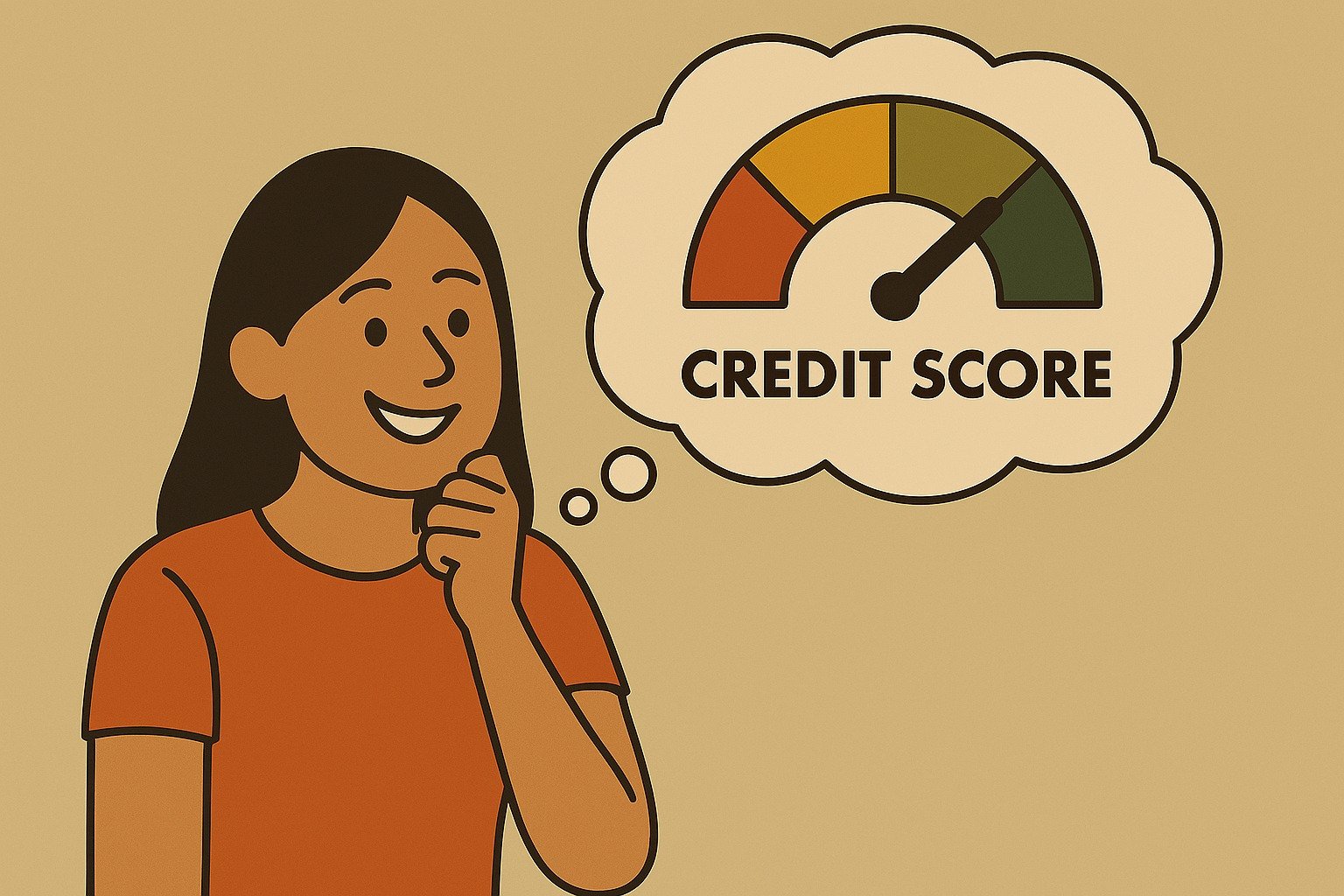6 Credit Score Myths That Could Actually Ruin You
How much do you actually know about your personal credit score? Let's debunk these 6 common myths and set the record straight about your credit!
Myth 1: A Bad Score Lasts Forever
Your credit report is constantly changing as creditors regularly report your financial behavior to the three major credit bureaus. Negative information, like late payments, typically stays on your credit report for 7 years. Closed accounts in good standing usually remain on your report for about 10 years, while open accounts with positive histories can remain indefinitely. Bankruptcy declarations are an exception, remaining on your report for 10 years. So rest assured, neither good nor bad credit lasts forever!
Myth 2: Your Credit Reports Combine When You Get Married
If you're holding off on applying for a mortgage until you're married, there's no need! Marriage does not merge your credit histories or credit scores. Each person maintains their individual credit profile.
When applying jointly for a loan, lenders examine both applicants' scores from all three bureaus, taking the middle score for each person. The lender then uses the lower of these two scores. If one spouse has significantly better credit, you might consider applying for the mortgage solely in their name. Remember, as long as both names are on the property title, you'll both legally own the home.
Myth 3: Divorce Absolves You From Joint Marital Debts
Even after a divorce, you remain responsible for any joint debt if both names were on the account. Divorce decrees do not automatically release you from your obligations to creditors. It's essential to handle these joint debts proactively during divorce proceedings to protect your financial future.
Myth 4: Removing an Ex-Spouse from a Mortgage is Easy
Contrary to popular belief, removing an ex-spouse's name from a mortgage isn't a simple administrative process. To fully separate financial responsibilities, you'll typically need to refinance the mortgage into your own name or sell the home. Refinancing requires qualifying independently for a new loan without your former partner.
Myth 5: You Need to Go into Debt to Build Your Credit Score
It's a common misconception that you need to accumulate debt to build your credit. In reality, responsible use of credit cards and timely payments build your credit effectively without carrying debt. A smart practice is to charge amounts you can comfortably repay within the same billing cycle. Even small, regular payments—such as $20 per month—can steadily improve your credit score.
Myth 6: You Actually Know Your Score
Believe it or not, most people don't truly know their scores—even if they regularly check apps or bank statements. You actually have multiple scores tailored for different purposes. For instance, the score displayed by your bank or credit card issuer is usually your FICO Score 8, commonly used for credit card applications. When applying for a mortgage, lenders typically use specific mortgage-related FICO scores—scores you probably haven't seen before!
Understanding the nuances of credit scores can help you better manage your finances and achieve your financial goals. Stay informed, and don't let myths hold you back!
Good credit is the first step in unlocking home ownership
Create your customized pathway to your dream home
Don't let misunderstandings about credit stand between you and your dream home. Armed with the right guidance, navigating the home-buying process can be stress-free and straightforward. Contact me today to get personalized advice and a clear path to homeownership. Your perfect home awaits—let's make it yours!



